Sanae Takaichi Becomes Japan’s First Female Prime Minister and Immediately Creates Immigration Enforcement Ministry — A Bold Nationalist Move Shaking Global Politics
Japan has made global headlines once again, and this time it’s not for technology or trade—but for decisive leadership. On October 21, 2025, Sanae Takaichi was sworn in as Japan’s first female prime minister, and within hours of taking office, she established a new ministry dedicated to enforcing deportations of undocumented foreigners. The bold move, confirmed by Reuters and the Associated Press, marks one of the most hardline immigration policies ever initiated by a Japanese leader in modern history.
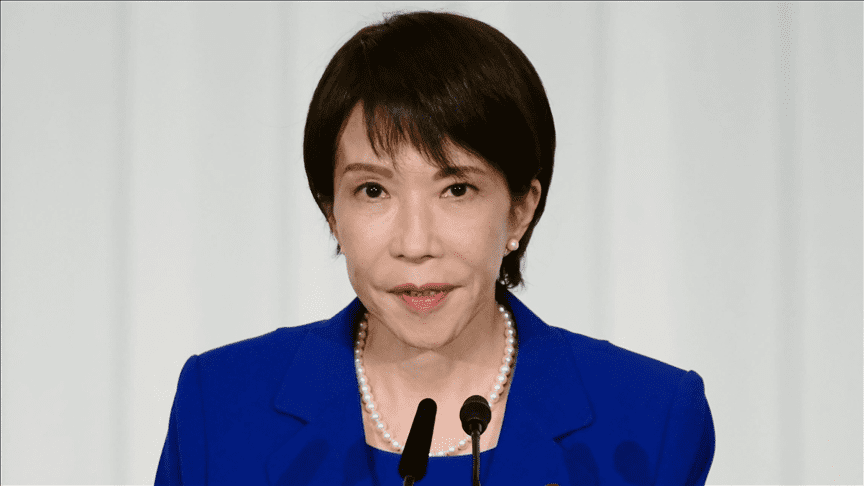
The newly formed ministry will be led by Kimi Onoda, a rising figure in the Liberal Democratic Party and one of the most outspoken voices for border control and national integrity. In a televised statement following the inauguration, Onoda outlined the ministry’s focus: the removal of those who have overstayed visas or entered illegally, while tightening entry criteria for foreign workers. The announcement drew applause from conservatives across Japan, who have long argued that the nation’s strict cultural identity and low crime rate depend on maintaining tightly regulated borders.
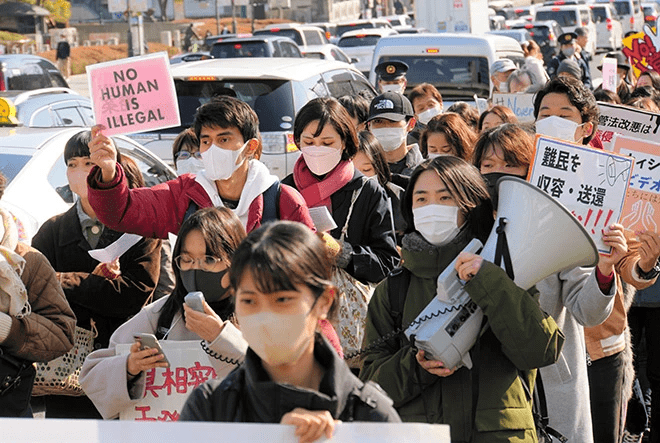
Takaichi’s government framed the initiative as both a practical and moral responsibility. With Japan’s population projected by the United Nations to shrink by nearly 20% by 2040, the country faces mounting pressure to fill its labor gaps. Yet rather than following the Western model of mass immigration, Takaichi is doubling down on national preservation—an approach that prioritizes automation, family incentives, and selective, lawful migration over open-door policies. For her supporters, this is not about exclusion but about safeguarding the cultural and economic fabric of the country.
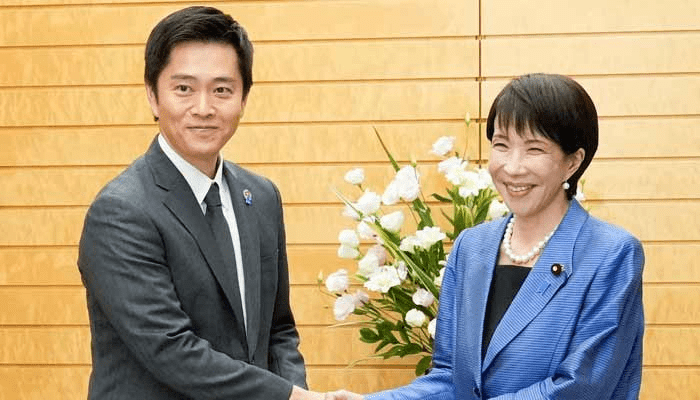
The move immediately went viral on social media, with clips of Onoda’s speech circulating widely. The post that brought the story to the international spotlight garnered more than 70,000 likes and 10,000 reposts within hours, with many users—especially from the United States and Europe—expressing admiration for Japan’s unapologetic stance on defending its borders. One widely shared comment read, “Imagine a country that actually protects its own citizens first.” The sentiment echoed far beyond Japan, striking a chord with audiences disillusioned by what they see as weak or inconsistent immigration enforcement in their own nations.
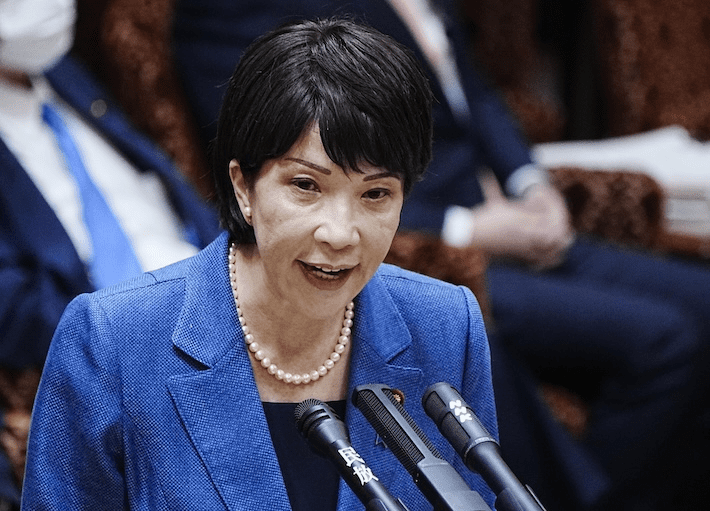
While global commentators debate the implications, few can deny the symbolism of Takaichi’s first act in office. Her decision signals a shift toward renewed sovereignty in Japan’s political landscape—asserting a message that borders matter, and that national identity is not a concept to be negotiated. For years, the country has quietly resisted international pressure to liberalize its immigration laws. Now, under Takaichi’s leadership, that quiet resistance has turned into a clear declaration of intent.
Predictably, critics from international organizations and some Japanese progressives have voiced concern, calling the policy harsh and potentially isolating. But domestically, polls show a surge in approval among voters who feel Japan has been too lenient in recent years. For them, Takaichi’s swift and unapologetic action represents strength, order, and commitment to the people she serves.
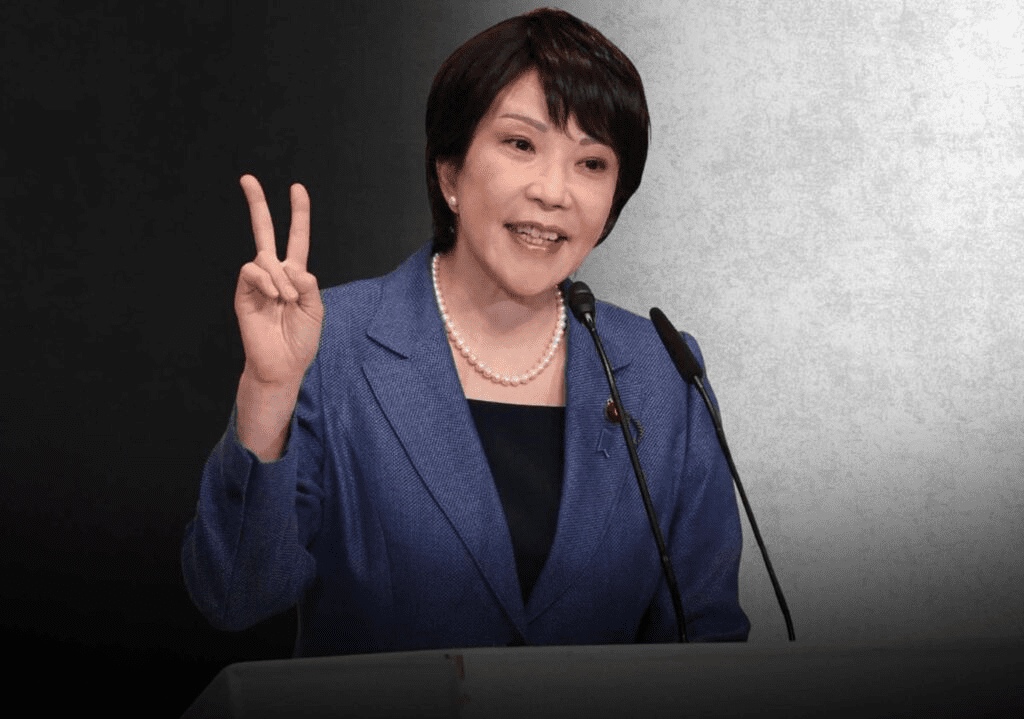
It’s not the first time Takaichi has taken a strong nationalist line. As a long-time conservative and ally of former Prime Minister Shinzo Abe, she has championed policies emphasizing self-reliance, defense readiness, and traditional values. Now, as the nation’s first female leader, she is proving that her gender doesn’t define her politics—her conviction does.
Japan’s new Ministry of Immigration Enforcement is more than a bureaucratic reshuffle—it’s a declaration of independence in an era when many countries appear to be losing control of their borders. Whether the world praises or condemns her, Sanae Takaichi’s first week in office has made one thing abundantly clear: Japan intends to stay Japanese.



